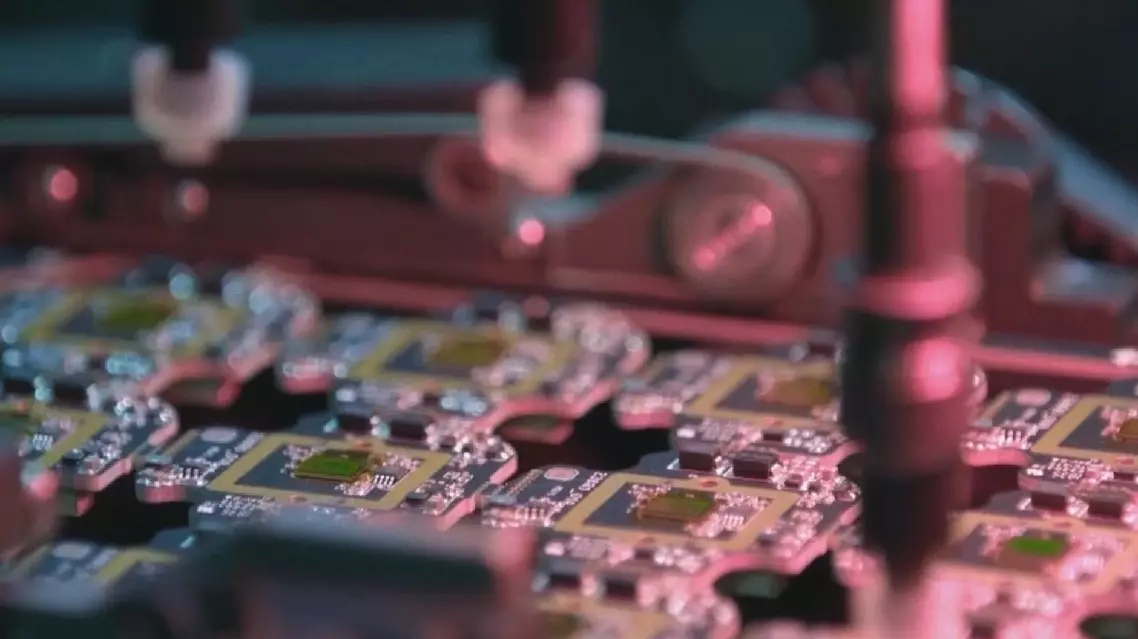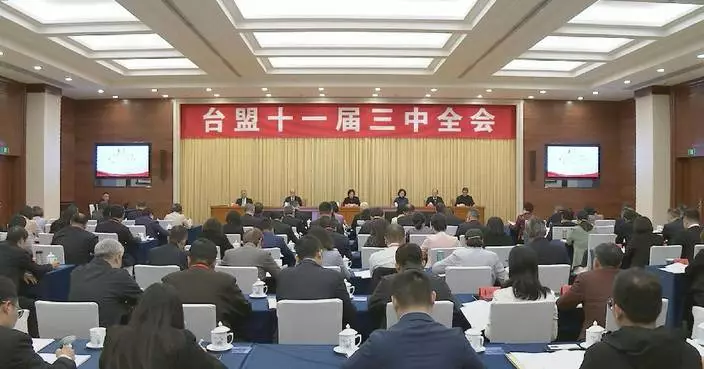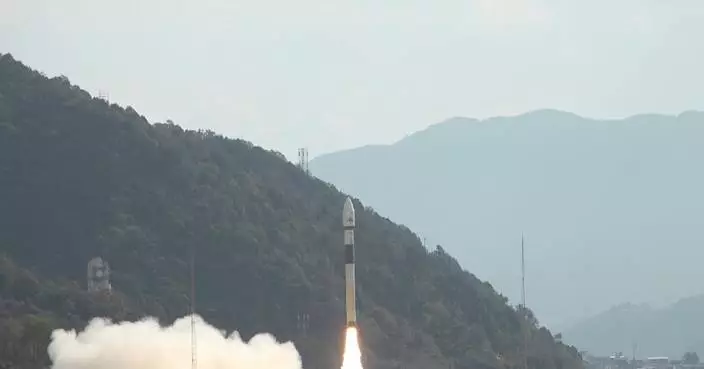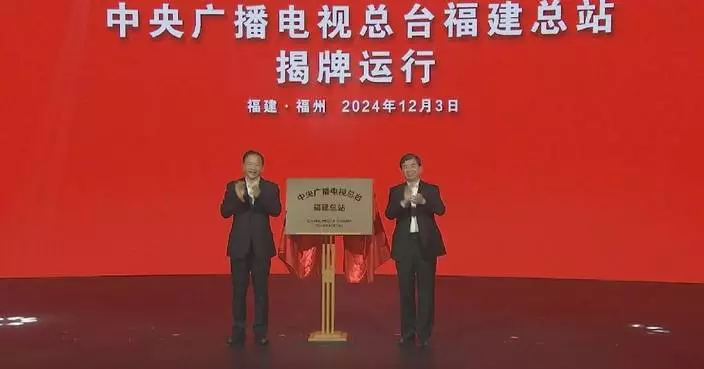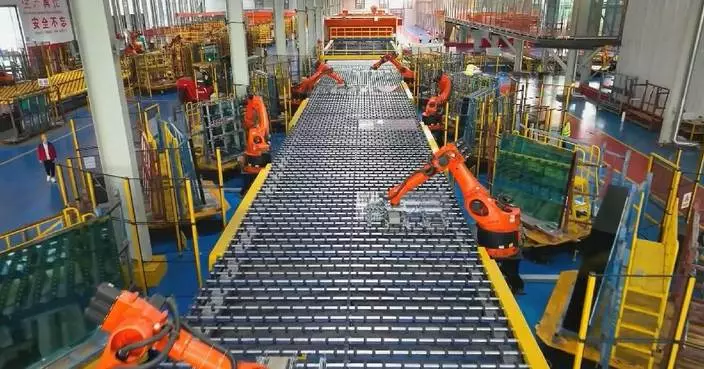Pacific Island countries are keen to incorporate new technologies such as artificial intelligence into their media sector, according to Neville Choi, president of the Media Council of Papua New Guinea, as he shared his expectations for the 12th Global Video Media Forum (VMF) which opened in Quanzhou of east China's Fujian Province on Tuesday.
The two-day forum has gathered some 200 representatives from mainstream media and international organizations from over 60 countries and regions to the historic coastal city under the theme "Intelligence Without Frontiers, Vision Beyond The Horizon - Media's Role in Communication and Cultural Exchange."
In an interview with the China Global Television Network (CGTN) ahead of the event, Choi said that the Pacific is increasingly becoming a key region in a geopolitical context, and said that the media has a big role to play in telling this narrative properly.
"There's a lot being said about the Pacific, currently. There are a lot of geopolitical interests that surround the Pacific, because the Pacific is in such a strategic location. I think it's incumbent on the media to help educate our people as to where they sit and why there's such a focus on the Pacific at the moment," he said.
Turning his attention to intelligent technology, which is one of the key themes of this year's VMF, Choi singled out the impact of AI as being one of the most consequential developments of recent times, but said media outlets across the Pacific Islands are keen to explore its usage and harness its full potential.
"We are in an age of developing media technology. And in the Pacific, I think the biggest development that will change after social media is the advent of artificial intelligence (AI). Now, AI is something that we're treading carefully with. But we still see it, from the Pacific media's perspective, that AI will always be a tool. It's not a perfect solution to everything, but we are going to be using it as a tool. And that's how we are telling our media personnel in the region how to approach it. There are other countries in the world who have already gone on the path of incorporating AI into their news practices. Hopefully, we'd like to learn what new solutions they may be, or what new technology is out there at this video forum," he said.
Choi added he is hopeful the forum will help provide opportunities to deepen cooperation with China in the key technological field. "I think China has to be commended in the development of their media and the development of their technology. From our perspective, in the Pacific, we would like to see where we can fit in that technology development, what's available for us to tap into, and what really works for Pacific peoples," he said.
Choi also pointed to the significance of the forum being held in Quanzhou, a historic port city which was the starting point of China's ancient maritime Silk Road and was known as a major trading hub during the 10th to 14th centuries. He emphasized the importance of maritime trade for Pacific Island countries, who are all surrounded by the sea.
"Transcontinental trade has always been a trademark of the Pacific, even within Pacific Islanders themselves, our history shows that there has been trade and cultural exchange amongst our own countries in the Pacific. We would like to see that probably replicated on a global stage. And the fact that it's here, the forum is [being held] here in such a historical city, I think, speaks to the level of cultural exchanges that we can expect with China," Choi said.
The VMF is an annual professional journalism forum launched by the CCTV Video News Agency (CCTV+) in 2011, focusing on the latest video content communication and innovation trends, and providing a highly specialized, unique and interactive platform for domestic and foreign media peers.

Pacific Island media keen to explore new tech solutions: PNG media official

Pacific Island media keen to explore new tech solutions: PNG media official


